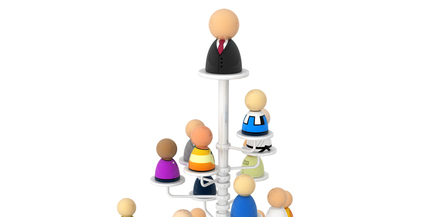
By: Patrick Williams
Leaders everywhere are in disrepute. What can we do to end bad leadership when our jobs depend on putting up with incompetent or even unethical bosses?
“Being a leader has become a mantra. It is a presumed path to money and power; a medium for achievement, both individual and institutional; and a mechanism for creating change sometimes—although hardly always—for the common good.” ~ Barbara Kellerman, The End of Leadership
Hardly a day goes by without news of corporate ethical violations, financial fudging and CEO failures. Yet, compensation packages and bonuses continue unabated, even when disgraced leaders are sent packing.
Corporate leaders are being pushed out in record numbers. In 2002, 100 CEOs from the world’s 2,500 largest companies were replaced—almost four times the number in 1995.
What is happening to our efforts to develop good leaders? In spite of the billions spent annually to train high-potential candidates, why do those promoted to positions of power, with critical responsibilities, continue to fail?
Harvard Business School Professor Barbara Kellerman criticizes the leadership-development industry in her new book, The End of Leadership (HarperBusiness, April 2012). She asserts:
- Leaders at every level, across all industries, are failing the people who depend on them.
- Leadership programs have done an inadequate job of producing effective and ethical leaders.
- We don’t really know how to grow good leaders, and we know even less about how to stop or slow the bad ones.
- Today’s business environment is rapidly changing in ways leaders are unable or unwilling to grasp.
- Followers are disappointed and disillusioned, even though they are more empowered, emboldened and entitled than ever before.
It seems to me that leaders and owners of smaller businesses get it right: they can’t afford to fail. Their actions are immediately reflected in the bottom line. At least that’s what’s apparent to me in the work I do with executives.
Maybe there’s too much emphasis on the importance of leadership and an absence of developing smart followers. If we learned to question more, challenge assumptions, and step up to the plate with collaborative discussions, followers would exercise more empowerment.




